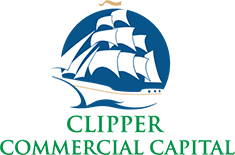If you are looking for cash or start-up capital for your fabulous business idea, you may want to consider borrowing it from a bank or an alternative lender.
When entrepreneurs inquire about small business loans, the price they are typically quoted is based upon the prime interest rate. The prime rate is the benchmark that separates the most creditworthy borrowers from everyone else. 75% of the nation’s thirty largest banks base the rates for their small business loans on the prime rate.
Banks and Lenders use the prime rate as the starting point from which to determine the interest rate each customer will be charged on their loans. The typical small business entrepreneur can expect to be charged a few percentage points above the current prime rate. During an economic downturn, that interest rate may go even higher.
If your company does business internationally, then you also want to be aware of the London Interbank Offered Rate (LIBOR). The LIBOR is the interest rate charged for loans on the London Eurodollar market. It typically moves up and down in concert with the prime rate. Companies that import and export merchandise or have an international presence for other reasons, will find the LIBOR to be important for your small business loans.
If your business is based entirely in the United States, you can count on the prime interest rate being the starting point that banks and lenders will use to determine the stated rate that they will quote on small business loans. The start-up will probably not actually pay the stated rate, however. Instead, they will pay the annual percentage rate (APR), also known as the effective rate. The APR takes the compounding of interest into consideration and ensures that the bank’s risk is covered whenever they write a check for small business loans.
Contact us today and learn more about Clipper Capital’s competitive rates!



